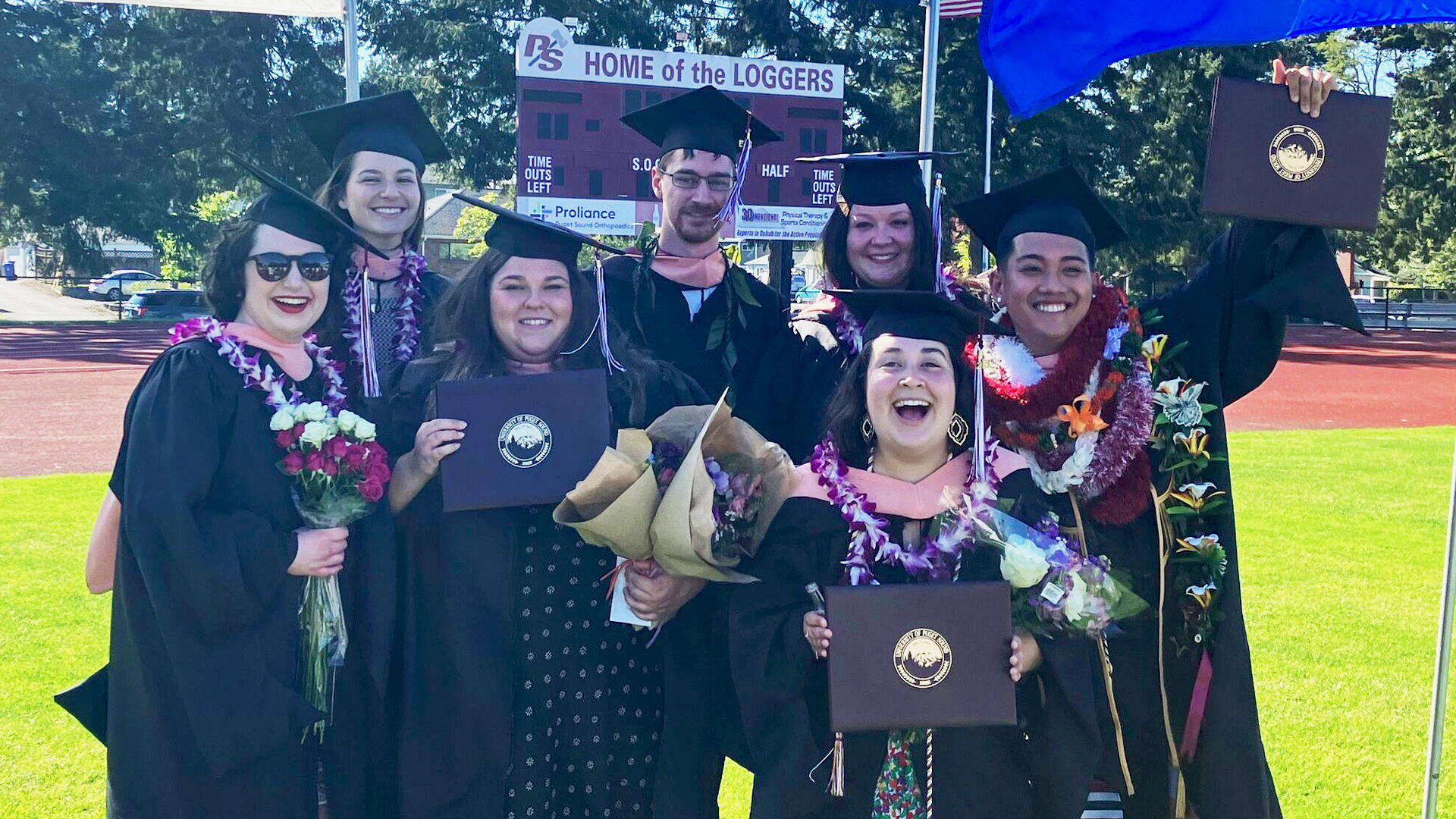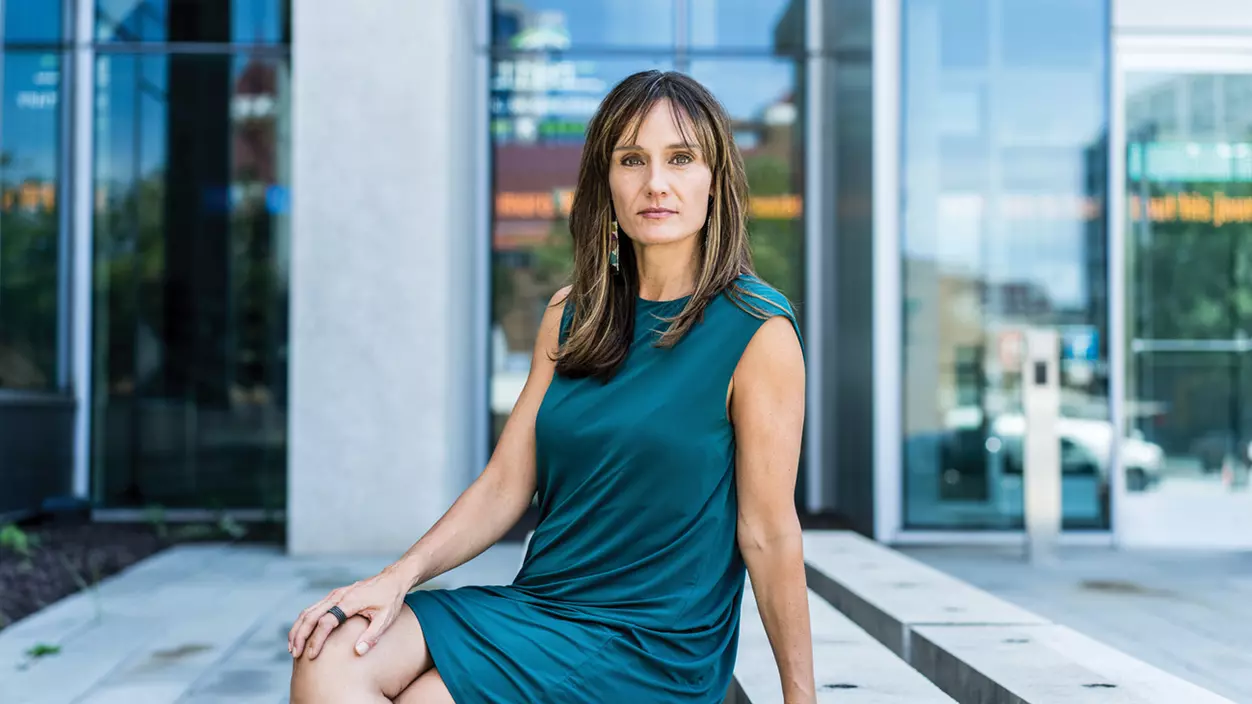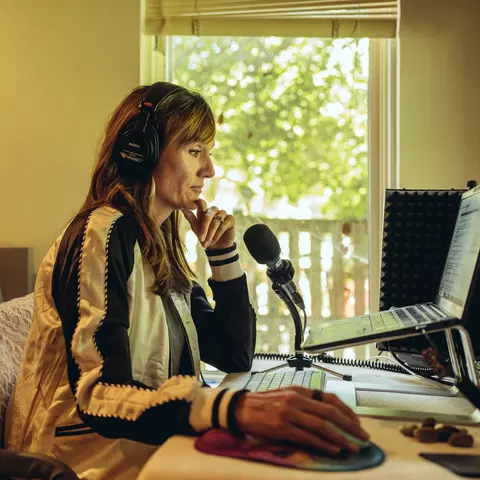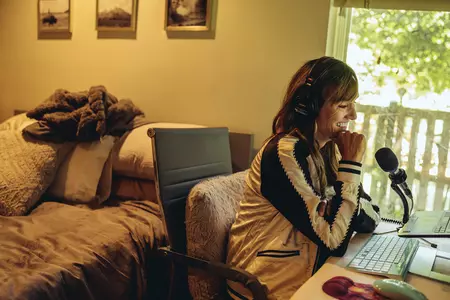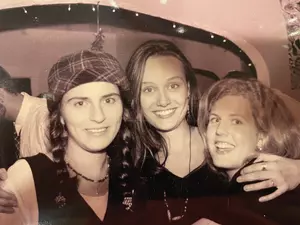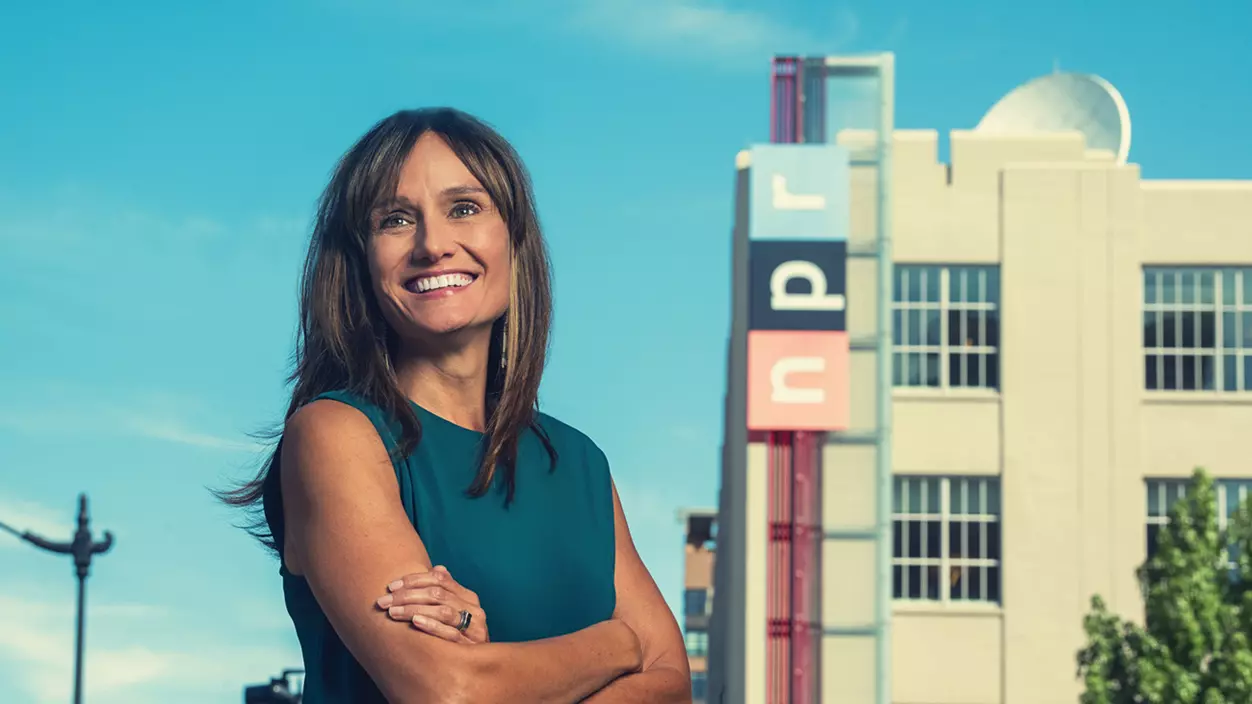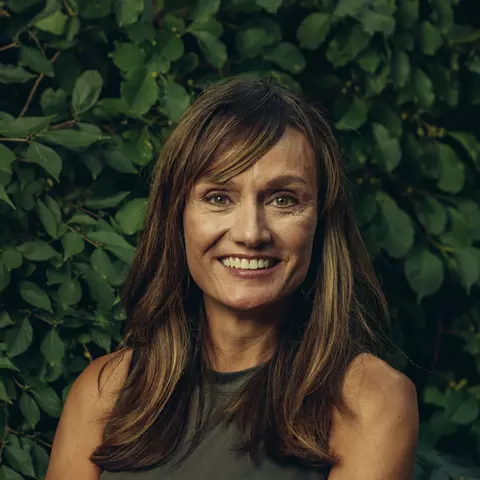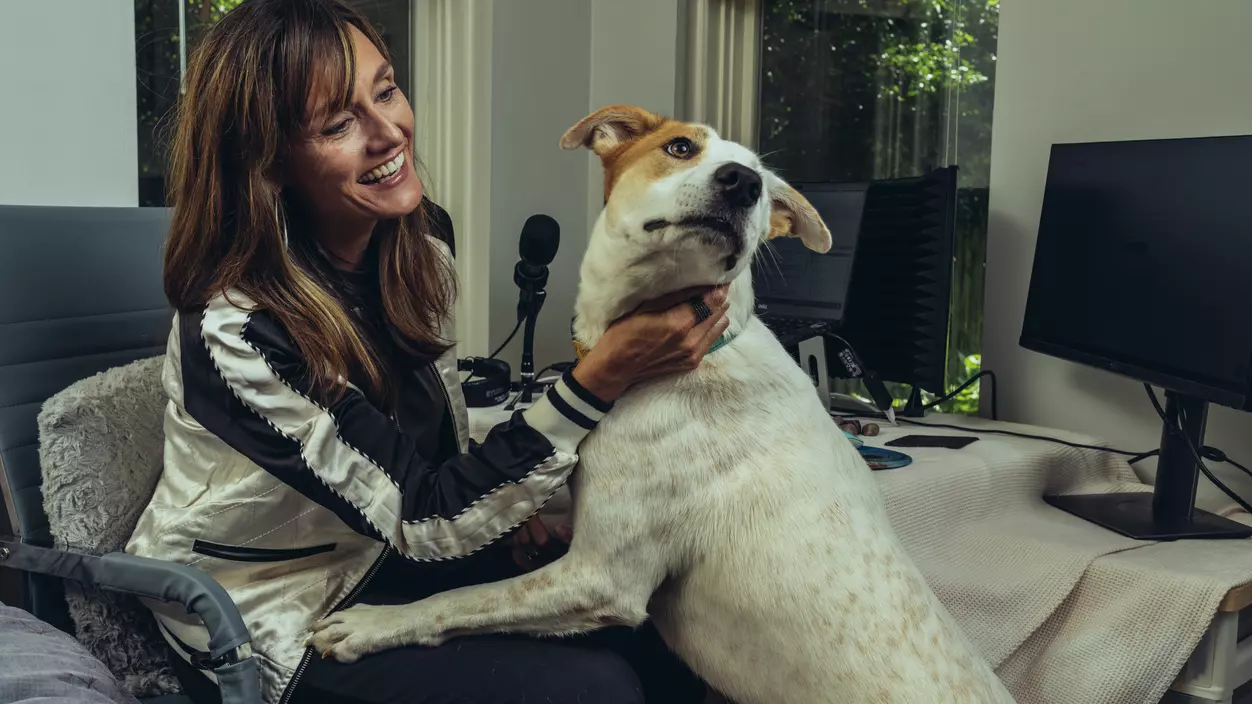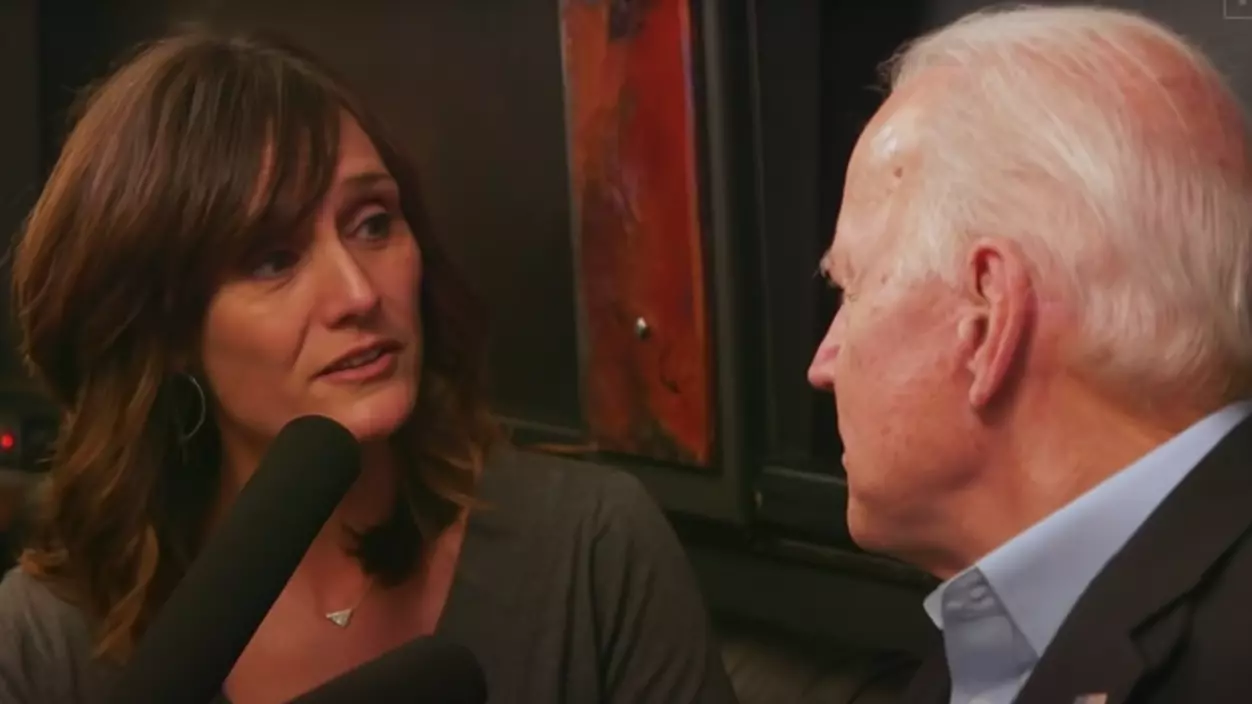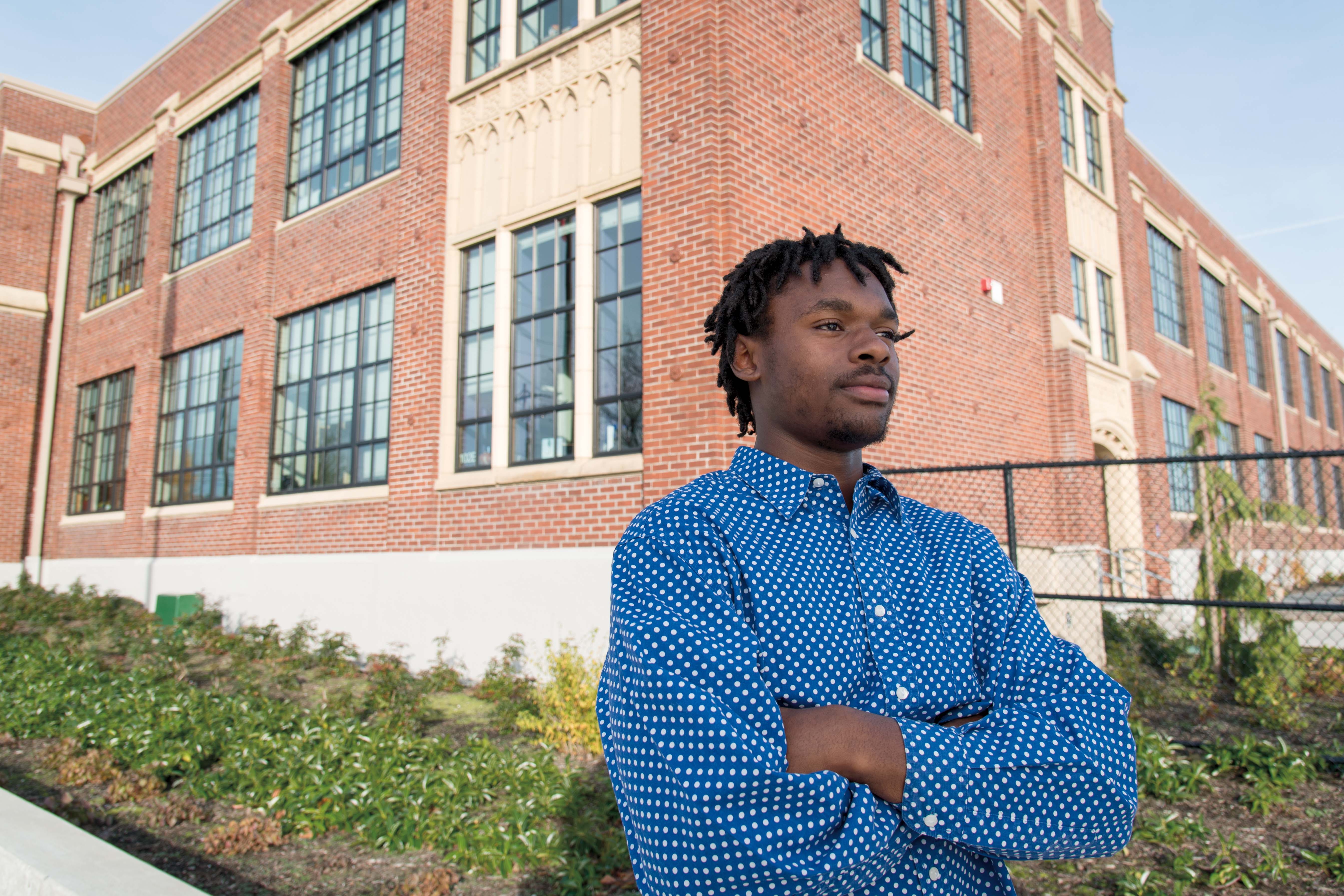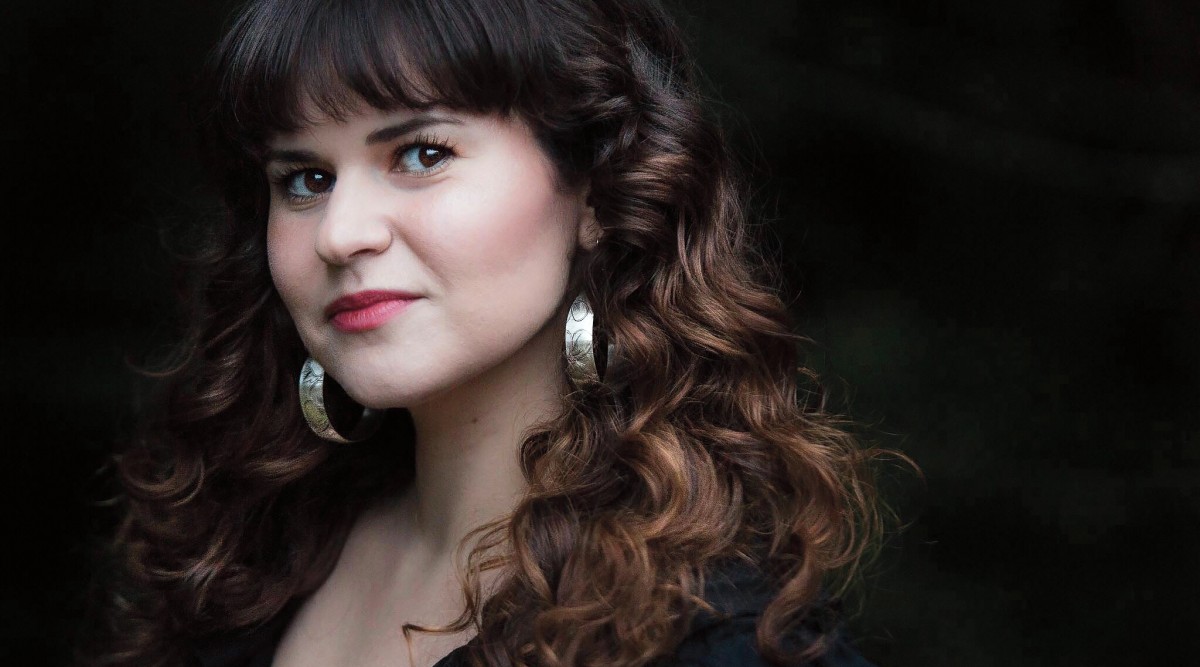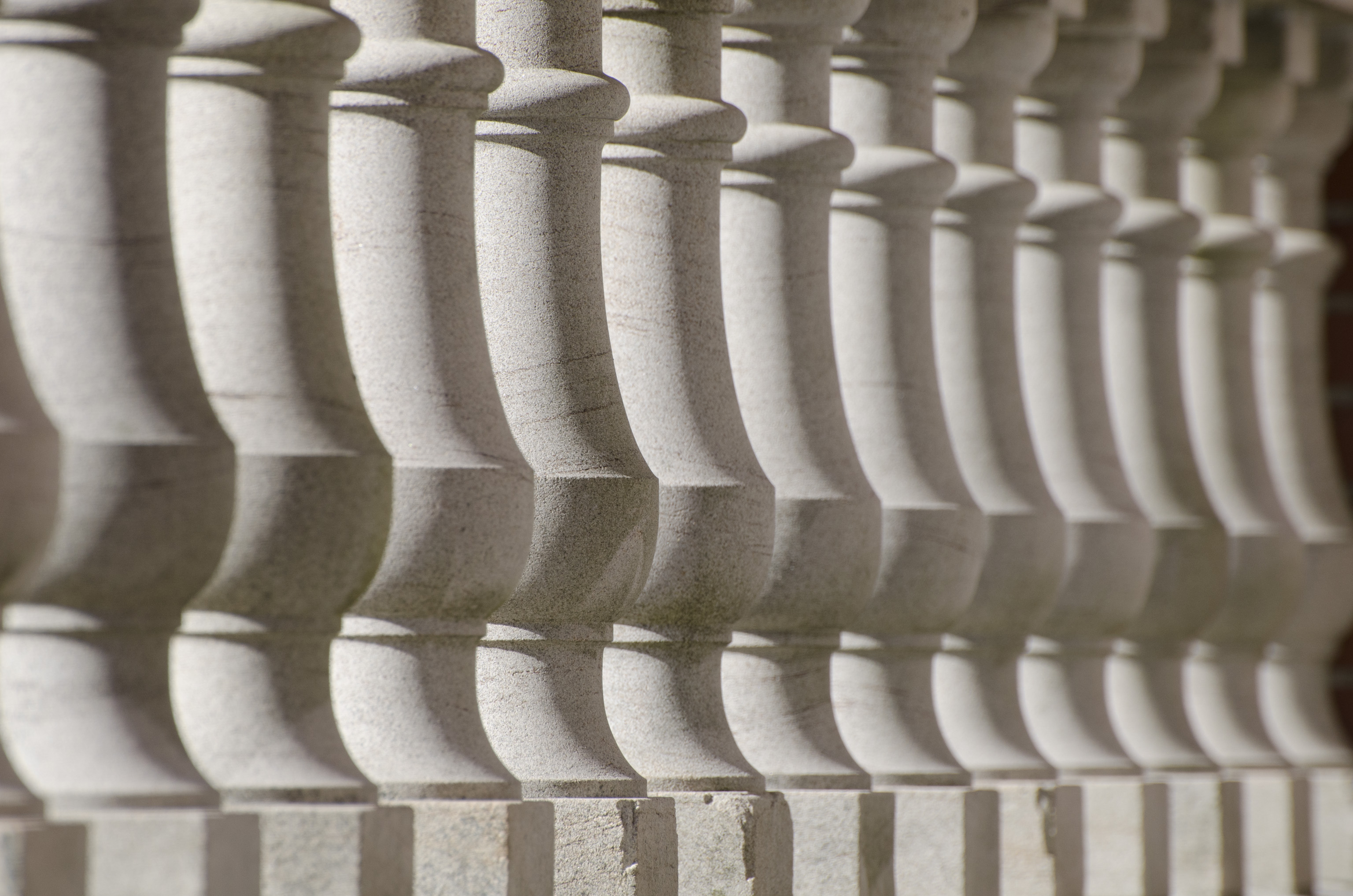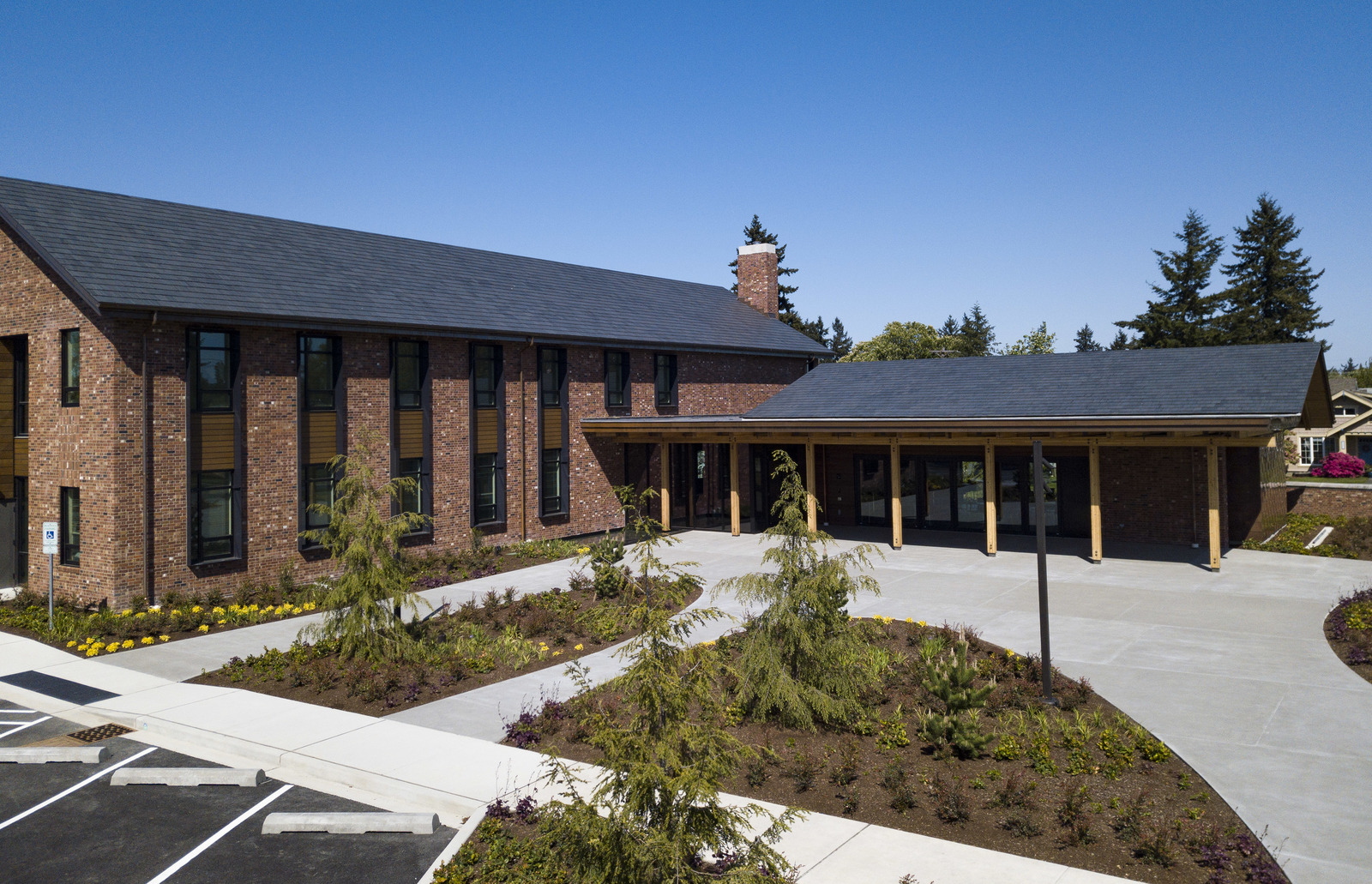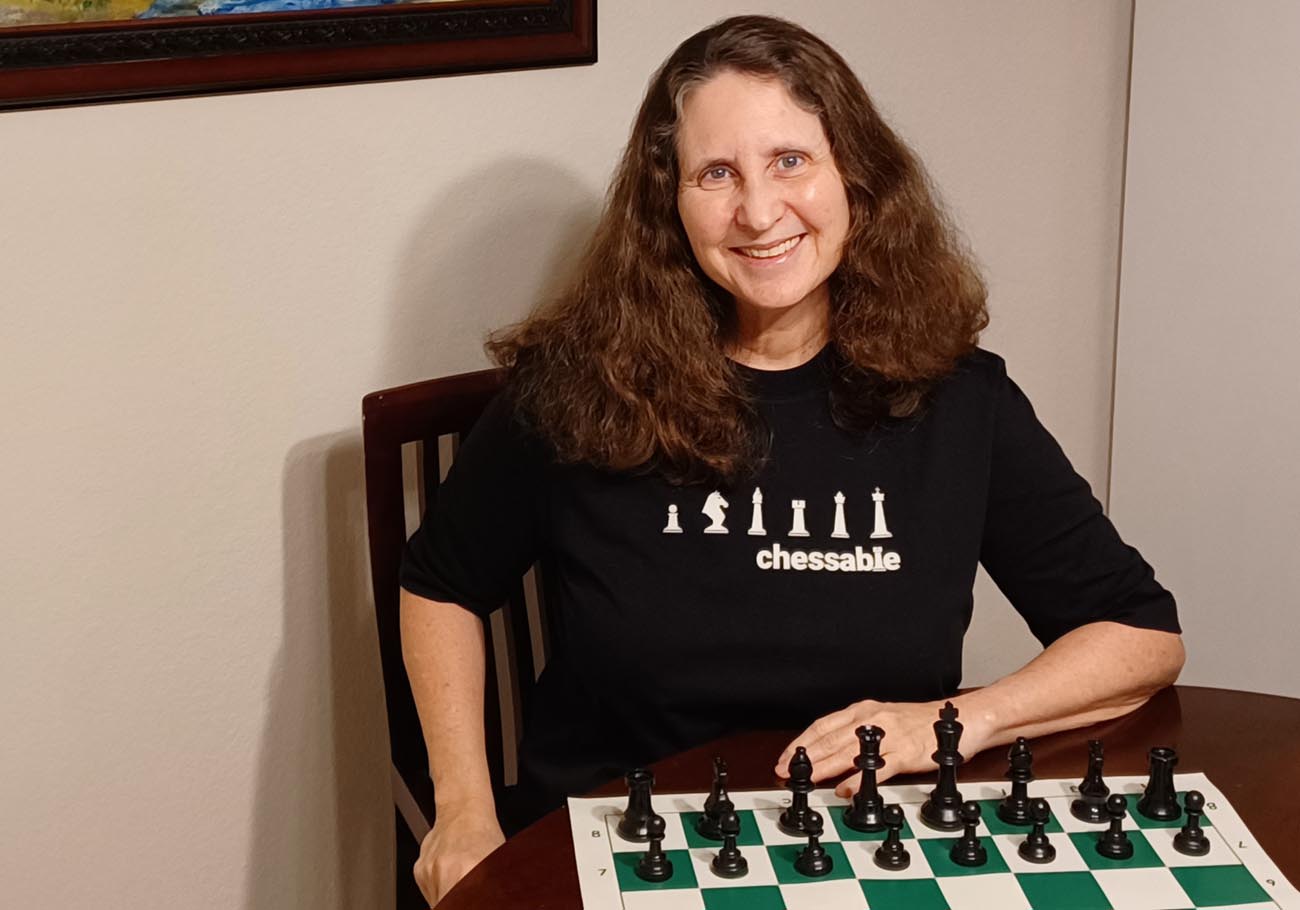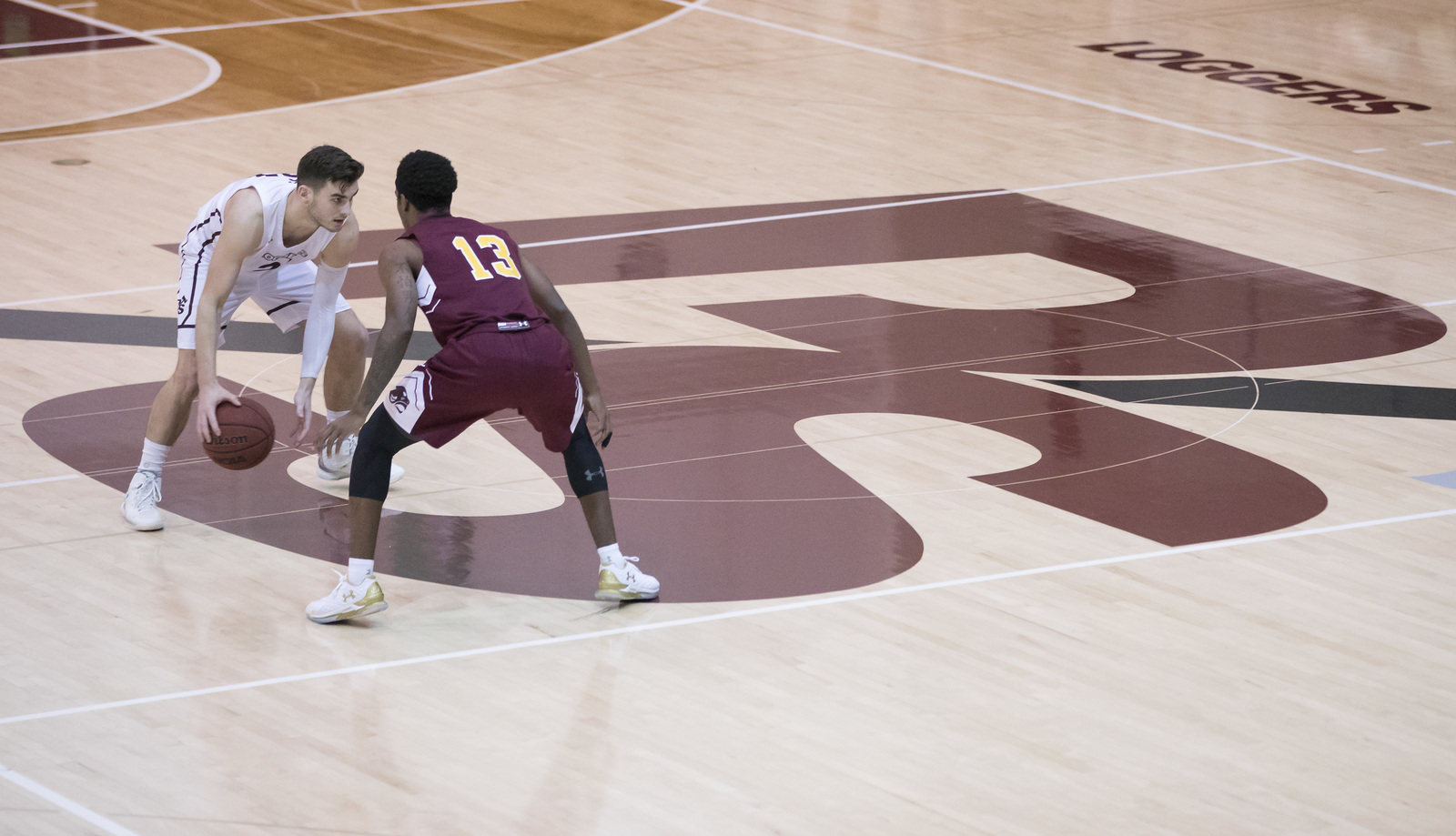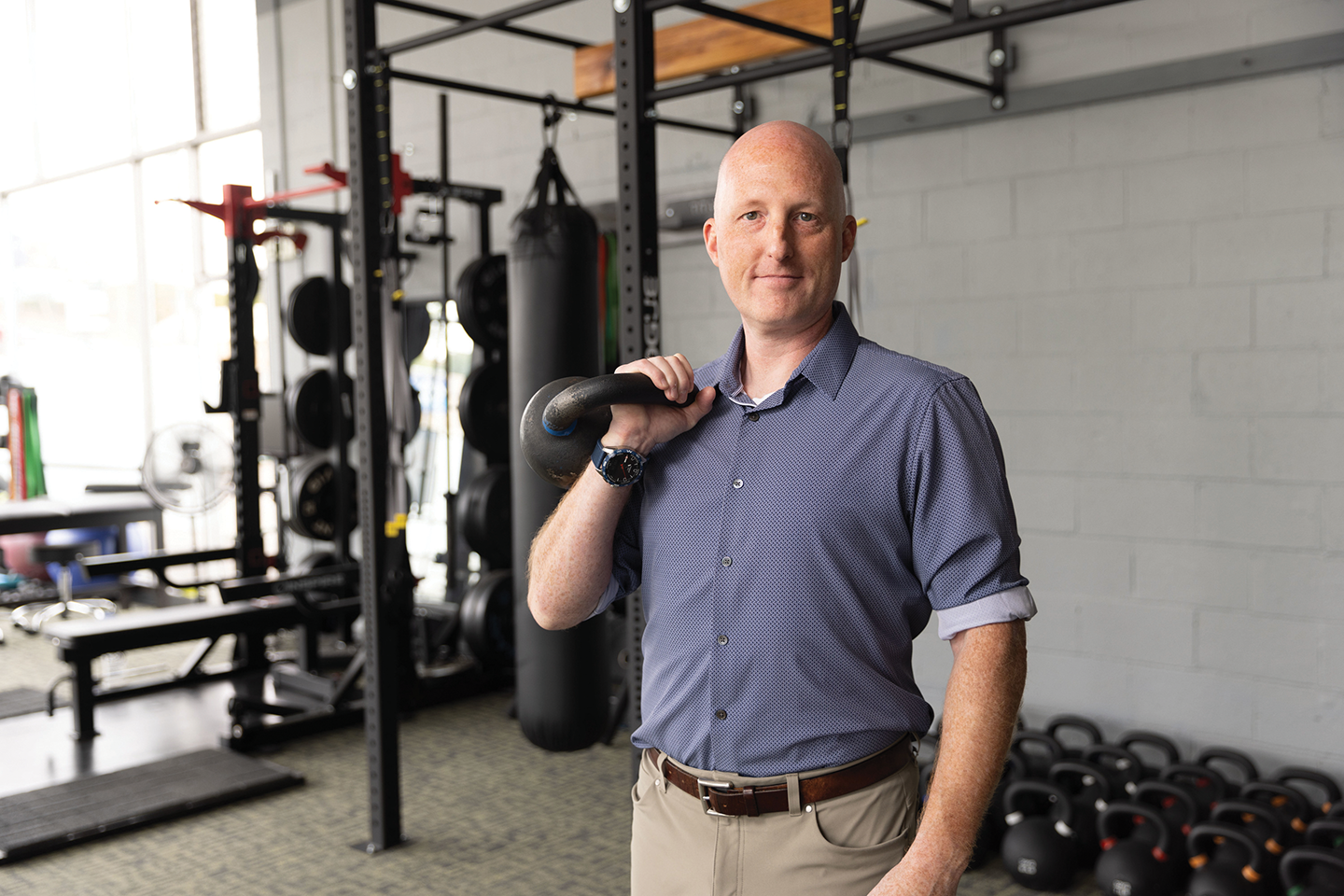The job of host requires a variety of duties, but for Martin, the chance to do intimate, very personal interviews with regular people is the biggest draw. “For me, the conversation is where it’s at. That’s always been the most intoxicating part of the work, to talk with folks who have survived something hard, who have learned something they want to pass on, who have an incredible story to tell.”
Interviewing high-profile newsmakers—live—is a whole other challenge. “It’s an opportunity to hold people accountable in a direct fashion. It’s a lot of responsibility, and also a bit of a live-wire act. That's its own adrenaline rush for me."
In that, the timing of her transition to Morning Edition must've seemed like a personal challenge. The job she thrives on—holding the powerful to account with direct questions that might lead to honest answers—has never been an easy one. And it's hard not to see 2016 as the year when a difficult task became, in many cases, something close to impossible.
It's a real challenge," Martin says of covering politics in the age of Donald Trump. "His tenure as president completely forced newsrooms to recalibrate. And to be honest, I think that's been an uncomfortable space for NPR to be in."
The “P” in NPR represents the operative word in the network’s name: public, as in tax-payer-funded, media. The implication, more broadly accepted in previous decades, was that NPR would strive for no-frills, opinion-free, just-the-facts journalism in a way that corporate-owned media never could. Of course, there have always been complaints of NPR’s bias, mostly from the right. But during and since the Trump presidency, the network has increasingly drawn the ire of those on the left for whom chasing “objectivity” rings hollow when one of the country’s two major parties seems incapable of telling—or accepting—objective truth.
Martin is well aware of the critique. And she largely agrees with it.
“The Republican Party’s insistence on a lie about the outcome of the 2020 election forced us to reevaluate how we treat those lawmakers when they come on the air,” she says. “It has forced everyone in journalism, and I think NPR in particular, to reevaluate how we do our work. We are not in the business of treating both sides equally in the way perhaps we were before, but of erring on the side of democracy. Some of what has weighed down some outlets in the past is an insecurity to draw conclusions. It is no longer sufficient to act as stenographers for political leaders. That is not journalism. That is negligence now, in my opinion."
It's a surprising thing to hear from an NPR journalist, and Martin gets that, too. "It's a real cultural shift, and I think it's been slow in coming," she says. "We've had many editorial conversations about how things are different, and what we must do differently to meet the moment, and we are working to get there. We are still not advocates [for any particular viewpoint]—it's still not NPR's place to do that. But I think there is real progress."
If the task seems daunting—according to many experts on the subject, it's only democracy at stake—Martin discusses it in a way that implies she's up for the challenge. And what better role for someone embracing such a meaningful journalistic test? But just because hosting Morning Edition is a dream job doesn't mean it will be Martin's last. Six years in, it's the longest she'd held a single position in her career, and she acknowledges that she's prone to looking ahead to the next thing. Whatever that might be.
"There are lots of ways to make a difference in the world—even if you stay in the realm of media, trying to dispel misinformation, there are a lot of different ways to do that," she says. "There might come a time when I want to explore a different mechanism by which to make that change.
"Plus, 3 a.m. is really early."
